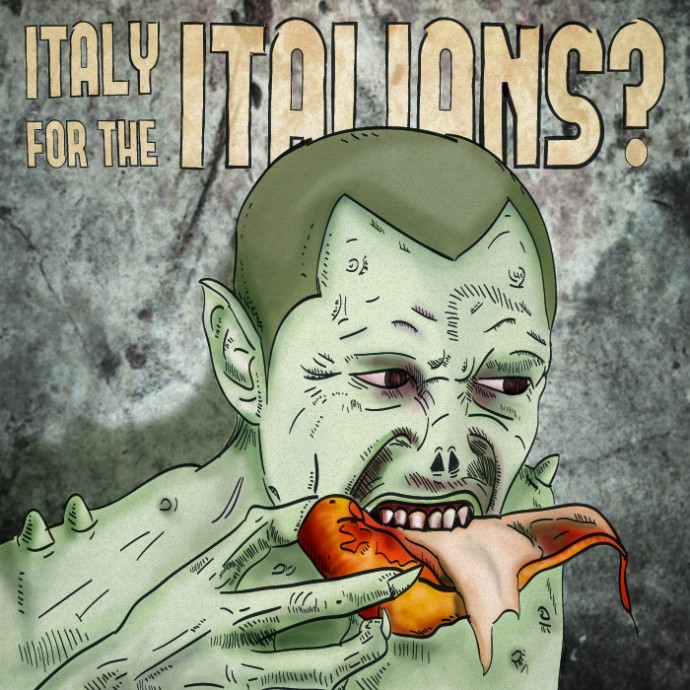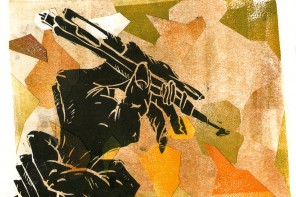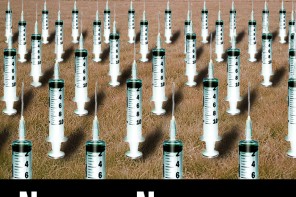In the midst of Europe´s most stagnant and widespread economic recession since after WWII, we interviewed a newly migrated Italian in Berlin, and asked what his view of the economy and the political situation in his country was, and what this meant to him in respects with the EU crisis.
The most typical question I get around the world is, in a rather quirky tone “and that Berlusconi… What do you think of him?“ Usually, I tend to give blatant answers, like “yeah, he´s an asshole,“ and “we have a dumb majority“ to dodge the question to and get on a more down to Earth and topical conversation. But when I do feel in the mood for questioning our governing systems, I tend to puzzle the people with whom I´m talking to with a point of view that digs deep into the last two decades of Italian politics and how the EU and neighbouring countries have been influencing more than is commonly known. It is when I see the tortured and anguished eyes of my unfortunate listener that I realise how utterly confusing the situation actually is, and how all of use are inevitably likely to fall into over-simplified opposing political categories (i.e., right and left), for there to be any successive step.
The truth of the matter is that Italy has been, ever since after WWII, an extremely divided country. Divisions that were already present between the richer north, and the rural south, started making way for the deadlock between the central-right Demo-Christian establishment and an extremely popular Communist Party, the biggest in the whole of Europe in fact. After the fall of the Berlin wall in ’89 and then the collapse of the Soviet Union, the left wing started becoming more and more moderate and the right wing started to become, for the first time since Mussolini’s fall, ever more pronounced, under popular re-founder, Silvio Berlusconi.
Isn´t it then utterly ironic that the man who paved the way for Berlusconi´s power, former Prime Minister Bettino Craxi (who was ousted in 1992 and sentenced to life in exile for corruption, after a closet full of banknotes was found in one of his ministers´ houses, and other such incidents), was the head of the Socialist party? It was, in fact, under this prior government that Berlusconi consolidated his mediatic hegemony “Mediaset” and became a subconscious voice of the masses. But this fact is not the first, nor the last, of many complete paradoxes that have always come to the surface in Italian politics. Once a good friend told me that the country´s strategic location, right in the middle of the Mediterranean Sea, makes it a sort of thermometer for Europe: despite its antiquated look, it seems to be the uvula in which the first symptoms of how the continent is doing as a whole are verified.
So to understand what’s going on in Italy it seems important to me that get a glimpse of what goes on around it. For mere geographic regions, certain things come to the surface there first.
Every year, the amount of dead people that wash up on southern Italy´s shorelines has been roughly approximated to reach the thousand. Every year. This is a silent genocide, and it also means that, since there is quite a high level of survival rate, that tens or hundreds of thousands of people manage to cross the strait between Tunisia and Sicily in search for a better life.
Most of the time, families in their hometowns in Africa choose the brightest, most promising youth, and sum together 1000€-2000€ in order to cover the trip´s expenses. This money is given directly to the organisations that drive the ship. For a boat carrying 100 people, this theoretically means between 100,000€ and 200.000€ worth of bribery money available for the coastguards – just for closing an eye.
Of course, these numbers make it extremely hard for the central government to exercise any control, and as corruption seeps into the system, things get more and more perverse. But we have to remember that these people dream of Europe. Italy happens to be, along with Spain and Greece, one of the three main tampon states separating the first world to the third world. When illegal immigrants see that their fate in the European Continent is – due to Communitarian law – to be sent back to their first country of entrance, and be subject to exploitment there in tomato fields, dangerous construction yards, or sleeping in improvised homeless shelters at train stations, many fall into depression, or commit suicide.
And so we move to the other extreme of the European borders. Further down the road, we have the destinations that many people are trying to reach: the huge hubs of monetary wealth: Geneva, Brussels, Frankfurt, London, Benelux, Scandinavia, the gates towards the world: New York. Now here the situation is clearly more controlled. The social order is efficiently regulated, in comparison to its southern counterparts, by miles of distance, bodies of water, and more stable economies. One cannot argue that the perception of justice and peace are more apparent. These are the cradles of our Western contemporary identity, of the global stock trade market, of economic theories and practice.
In “the city”, London’s trade center, or in Wall Street, the Derivatives, toxic loans, and other intricate mathematical finance mechanisms that made many creditors’ debts and stock buyers’ bets magically get sucked into a black hole, the theories of today’s economic macro-system have been decided. Shuffling down hallways and building corridors one reaches the debt rating agencies, the World Trade Organisation, and the big casino, the stock market. Two subway stations down are the state banks, the credit banks, the mutual funds, and the parliament.
Lately, there has been a lot of talk in Italy, as also in Spain and Greece, about debt rating agencies. Debt rating agencies are the ones that, under common EU agreements, determine the soundness of companies, corporations, as well as nations. In order to determine this, they use parameters that may or may not be entirely quantifiable in numbers, but are sometimes also determined on the basis of models that are basically taken into account due to the agency’s own credibility and experience. Based on these agencies, different nations get more or less money printed and loaned under different interest rates. The main rating agencies taken into account in the European economy are: Standard & Poor’s, Moody’s, and Fitch. So what if, then, a country that is hosting and one these agencies gets caught dealing a bad stock of toxic loans, or is even traced to have ordered its banks to “cook up” some numbers (as seems to have been the case in the U.K. In 2008 with Barclay’s) ?
If people are dying of crack addiction, does it make more sense to catch the drug addicts, or the crack dealer? And what if, under the carpet of social establishment, the subjects dealing the crack and those arresting the drug addicts were the same?
What much of the media in Italy talks of these days has been based on these two arguments (immigration and the European Crisis), as well as, of course, the massive internal corruption, are what basically hits the headlines daily. Berlusconi’s line generally addresses both with quick, reactionary, but well-defined answers: no Euro, no immigration. They’re all thieves, trying to fuck us over. This is what a lot of people are voting him for. This is why they forgive his corruption cases, and are appealed by his hard attitude of mistrust and isolation. Of course, his media companies create the best setting for this hypnosis to take place.
It is clear to me that these are very sensible arguments that I am bringing up, and I like many other people differ in opinion with Berlusconi’s party in that I don’t see any solution in isolating or building walls. A constructive solution is only visible to me through the pursuit of cooperative channels that should put distributed wealth and equality as the main priority. But to many, these ideas lack real solutions, a solid majority, and a more stable society. So far, they have not managed to enchant the majority in the same way populist mottos like “Italy for the Italians” has. From a Euro-centric point of view, I seem to come from the outskirts of a system.
But for many, in the best of cases they can enter the system, and in the worst merely get sent back to its outskirts.







